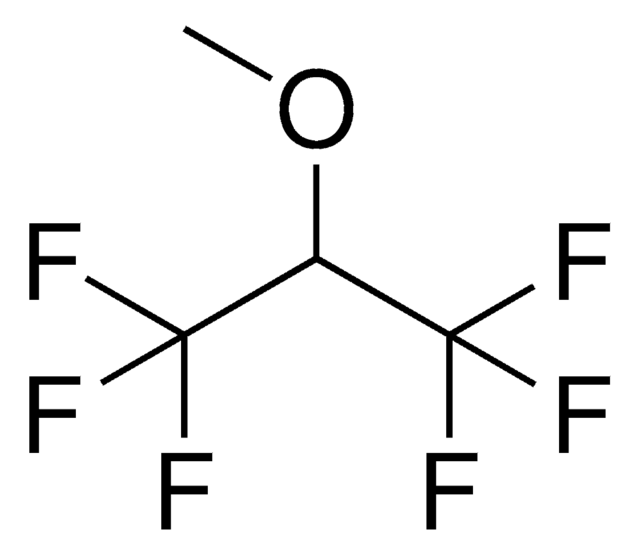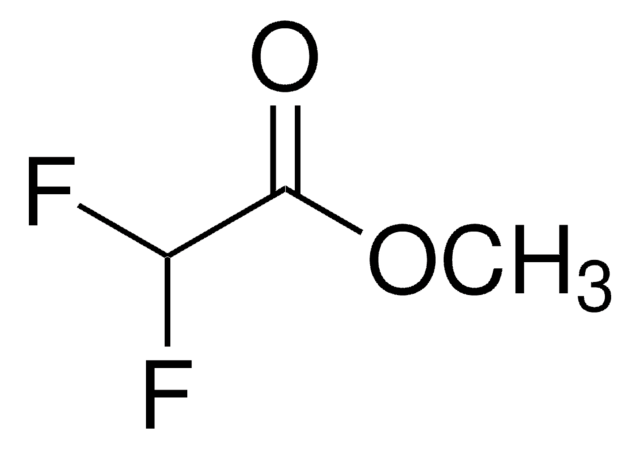934011
Bis(2,2,2-trifluoroethyl) carbonate
≥99%, anhydrous, battery grade
Synonyme(s) :
BTC, BTFC, Bistrifluoroethyl carbonate, Carbonic Acid Bis(2,2,2-trifluoroethyl) Ester, Carbonic Acid;2,2,2-trifluoroethanol, DFDEC, TFEC
About This Item
Produits recommandés
Qualité
battery grade
Niveau de qualité
Description
Application: Battery manufacturing
Pureté
≥99%
Forme
liquid
Caractéristiques du produit alternatif plus écologique
Design for Energy Efficiency
Learn more about the Principles of Green Chemistry.
sustainability
Greener Alternative Product
Impuretés
≤100 ppm H2O
≤250 ppm HF
Point d'ébullition
118 °C
Densité
1.51 g/mL
Application(s)
battery manufacturing
Autre catégorie plus écologique
Description générale
Application
Produit(s) apparenté(s)
Mention d'avertissement
Warning
Mentions de danger
Conseils de prudence
Classification des risques
Eye Irrit. 2 - Flam. Liq. 3 - Skin Irrit. 2
Code de la classe de stockage
3 - Flammable liquids
Classe de danger pour l'eau (WGK)
WGK 3
Point d'éclair (°F)
84.2 °F
Point d'éclair (°C)
29 °C
Faites votre choix parmi les versions les plus récentes :
Certificats d'analyse (COA)
Vous ne trouvez pas la bonne version ?
Si vous avez besoin d'une version particulière, vous pouvez rechercher un certificat spécifique par le numéro de lot.
Déjà en possession de ce produit ?
Retrouvez la documentation relative aux produits que vous avez récemment achetés dans la Bibliothèque de documents.
Notre équipe de scientifiques dispose d'une expérience dans tous les secteurs de la recherche, notamment en sciences de la vie, science des matériaux, synthèse chimique, chromatographie, analyse et dans de nombreux autres domaines..
Contacter notre Service technique










